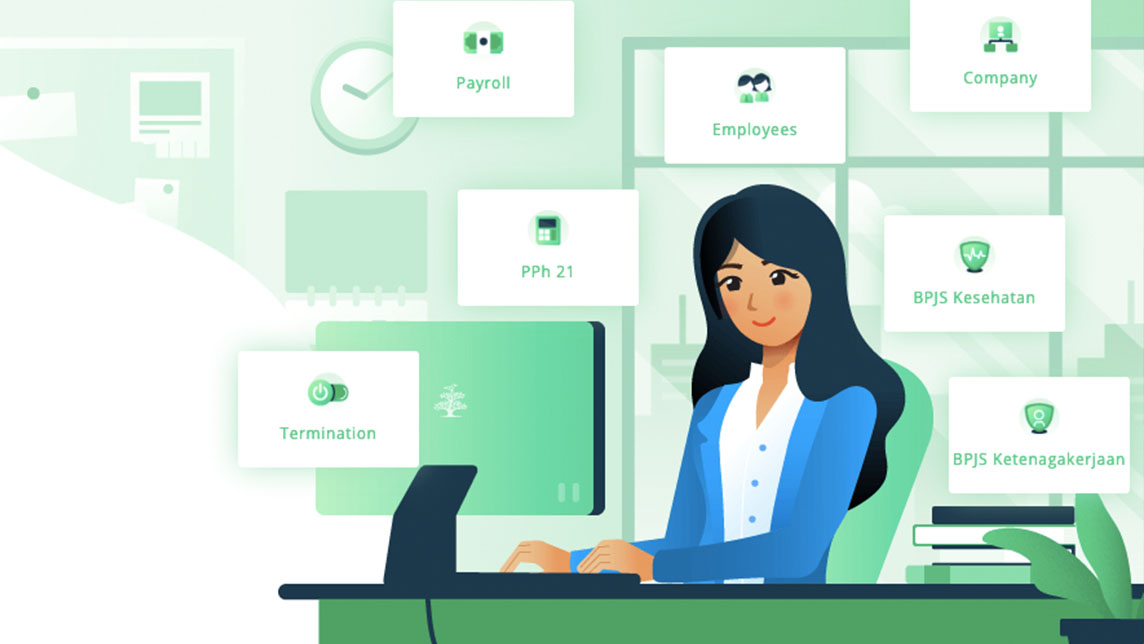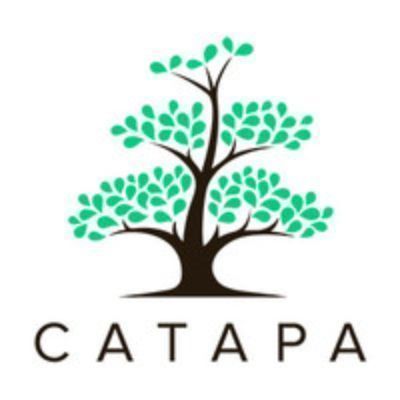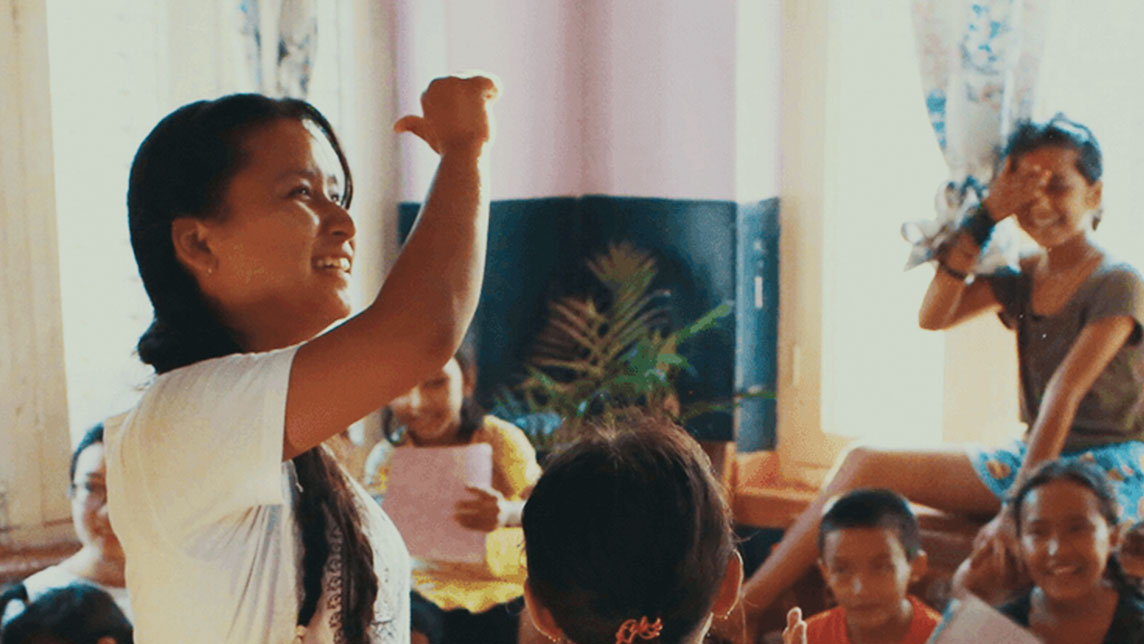Of the roughly 800,000 businesses that fall under category of small or medium-size enterprises in Indonesia, many still rely on manual methods to run human resource operations like payroll and leave scheduling. Existing software can be expensive, outdated or difficult to use, pushing owners and managers away from modernizing their HR departments.
Without some degree of digitization and automation, such companies – retailers, distributors, small-scale manufacturers and some of the country's budding digital startups – can find themselves struggling to scale their HR practices as the company grows.
Sensing a gap in the market, homegrown startups like Mekari (formerly known as Sleekr) are trying to make HR more affordable and easy to use. One new entrant into the digitized HR space is Catapa, which is aiming to separate itself from the rest of the field by offering a suite of AI-powered features, modular SaaS services and affordable pricing.
Filling the HR gaps
Catapa offers its SME clients a basic monthly subscription starting at just IDR 12,000 per employee – a service package that organizes each employee's payroll data, income tax reports and national insurance details. Add another IDR 8,000, and the company gets access to employee attendance management features. These include recording attendance, scheduling leave and keeping track of overtime hours and compensation.
As the client company grows, it can subscribe to an additional module to manage its recruitment process. For IDR 150,000 per job opening, clients can quickly process incoming CVs, with an AI-powered resume parser extracting and organizing the most relevant data from the applicants' resumes. The platform also allows the recruiter to quickly send emails to each applicant and neatly track the progress of each candidate’s recruitment in a timeline interface. Best of all, the subscription does not limit the number of applicants processed or charge more per applicant.
In all, Catapa CEO Stefanie Suanita told CompassList, her company's tailored services mean "the client only pays for what they need."
The most unique feature of the Catapa package is "Claudia," a chatbot for employees to access HR functions on the go. By chatting with Claudia through Facebook Messenger, LINE, Telegram or Slack, employees can quickly access their payroll information, as well as apply for leave, check their overtime hours and access other features depending on the company’s subscription package. The HR department can also use Claudia to access information.
Stefanie said that in developing Claudia, the company took its cue from how social media and chat apps have become integral to people's daily lives. "The first thing we do when we wake up is switch on our phones and look at social media or chat apps. We thought of how to complete HR-related processes through a more casual interface," she said.
Building a client base
Catapa began as an internal project at GDP Labs, the venture-building and research arm of GDP Venture, which is backed by the Indonesian conglomerate Djarum Group. The project investigated the gaps in the HR information system market and how AI could potentially address some of the problems with existing software. In April 2017, the project was spun off into its own business entity. Stefanie, who was a principal product manager at GDP Labs, was appointed CEO.
The Djarum connection means that Catapa has secured some high-profile enterprise clients early on, including BCA Insurance and online forum Kaskus – two companies linked to GDP and the wider Djarum Group. Catapa is also working with a major chemical company and a clothing retailer, Stefanie said, declining to give their names. While Catapa's pricing is geared toward SMEs and startups, it it also trying to add major corporates to its client base.
Stefanie also mentioned some of the best perks of being part of the larger GDP portfolio. The GDP Labs venture-builder platform provides a clear guidance program for each company and looks for synergies among portfolio companies. "One of our advisers is from GDP's own HR department, with many years of experience and a PhD in his field," she said. "We also have the VP of HR from Kaskus" as a mentor, she added.
Sharpening its focus
Two years after it was established, Catapa is still hard at work onboarding new customers and educating the market on the importance of proper HR practices. Many companies, Stefanie said, are not sold on the importance of HR information systems. "Companies end up shouldering more burdens and risks than they should" by using manual methods, she said. "As the company grows, they'll realize that such manual practices don't scale."
Catapa has worked with many traditional companies and SMEs that have decided to get up to speed with modern HR practices. It seems, however, that Catapa's main target is Indonesia's burgeoning startup industry. Startups, Stefanie said, need to go beyond their fixation on the "starting" part of the business and aim for maturation and growth.
"It’s important for them to focus, and our product helps them focus," she said. "With our product, they don't have to be burdened by back-office matters and so they can focus on the product and core business – the things that matter."














